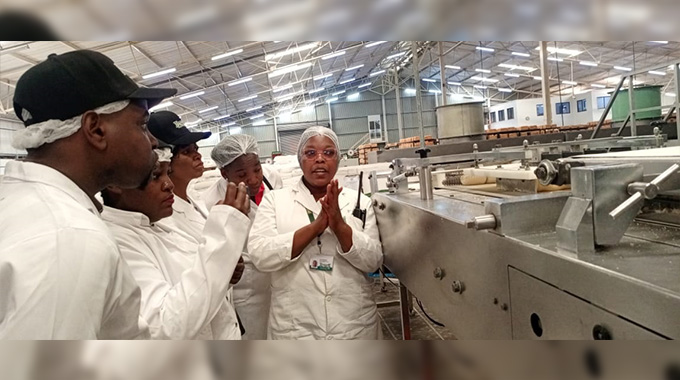‘Donor agencies fuelling import bill’

Business Editor—
THE government is working on modalities to ensure donor agencies procure local products as part of measures to revitalise domestic industry and reduce the import bill. Zimbabwe has maintained an average import bill of about $3 billion per year since the adoption of the multiple currency system. Economic experts blame the trend for stifling growth of local firms as cheap imports continue to flood the market.
The pharmaceutical manufacturing sector has been the hardest hit given the dominance of donated foreign health products such as hospital drugs, personal health and equipment on the market.
The sector, despite having a huge employment capacity along the value chain, has scaled down production in the past few years due to a drastic fall in demand as a result of imports.
Last week, Vice President Phelekezela Mphoko visited one of the largest pharmaceutical firms in Bulawayo, Datlabs, which has since shut down its critical care unit citing the effect of donated drugs.
“Datlabs is one of the companies that are doing well in Bulawayo but can do even better. However, because of local market failure for drips and some drugs, one of its units has turned into a ghost plant,” Chiratidzo Mabuwa, Industry and Commerce Deputy Minister said last week.
“We’re engaging the Ministry of Finance on this to say donors should buy local as well. We want the ministry to relook into donations that come in kind because these have an effect on trade deficit and closure of our companies.
“We’ll also be engaging embassies on this issue to say perhaps let’s have a 50 -50 scenario in terms of imported donations and have some that are bought from local firms.”
At its peak Datlabs used to run two units, its critical care factory, which manufactured intravenous (drips) for public institutions and the personal health unit. With the downturn in the economy in the last decade, the government relies on donated critical care products for the supply of major hospitals and clinics.
Mabuwa said low capacity utilisation remains a major hurdle in industry competitiveness, which has been worsened by the fall of the rand against the US$. She also stressed the need to revise utility charges and for a downward review of prices to boost production volumes and sales.
The deputy minister, however, commended the recovery in the food processing industry where cooking oil producers now boast of 100 percent local market supply.











Comments